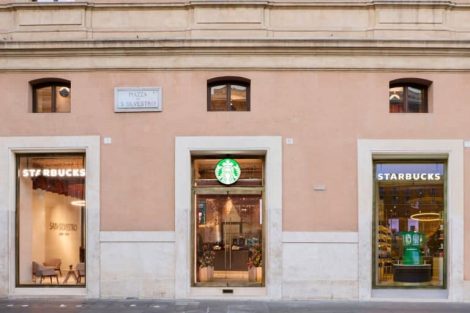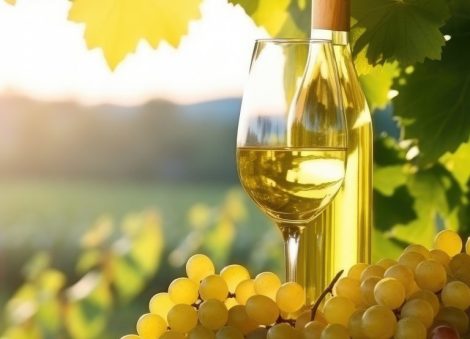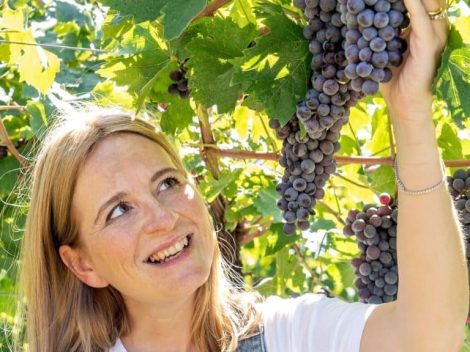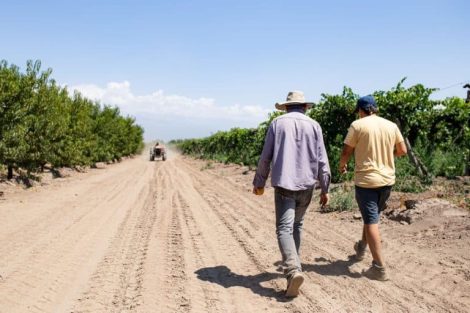Climate crisis and Uk wine production
The climate crisis will play in favour of the UK's wine production companies. According to a study published on July 8the in the journal Oeno One, areas planted with vines and the volumes of wine could increase thanks to global warming. Researchers from Uea (University East Anglia), London School of Economics, Vinescapes Ltd and Weatherquest Ltd announced the conclusions of the study. The scope covered by the team led by Steve Dorling and Alistair Nesbitt moved towards 2040, through a simulation of the weather-climate trend and forecasting models that have made it possible to identify the best opportunities for growing grapes.
Wine production in the UK: the details
In the period between 2004 and 2021, the UK, according to the researchers' work, saw its vineyards grow by 400%, from 761 to 3,800 hectares (from cold-resistant varieties such as reichensteiner, seyval blanc and müller-thurgau it gradually switched to pinot noir, chardonnay and pinot meunier), favoured by warmer and drier seasons than in the past. The average temperature recorded in the last 40 years in the South East and East of England exceeds one degree centigrade. An example above all is the 2018 vintage, in which the sharp reduction in vine diseases has made it possible to reach a production of 15.6 million bottles (driven by the demand for sparkling wines, which exceed 70% of total volumes). Considering the frequency of climatic conditions favourable to the growth of grapevines, the study revealed how over the next few years parameters of the United Kingdom will approach those that can be observed today in large districts such as Baden, Germany, or Champagne and Burgundy, in France.
Forecasts for 2040
By 2040, according to the researchers, there will be a further increase in average temperatures of 1.4 degrees Celsius, particularly in East Anglia, Lincolnshire, south-central England, north-east Wales, the coast of south-west England and southern Wales. All regions in which, at that point, conditions for the cultivation of the vine and the production of wine will be very favourable. For example, the much feared frost could occur earlier and less frequently in the sprouting periods of the grapevine. And even the decrease in rainfall is not considered a negative factor for now. Finally, climate change will pose new challenges for British producers. Such as, for example, sustainability combined with increasing the production of high quality reds, precisely by virtue of climatic conditions suitable for this type of wine. In conclusion, viticulture in the UK could be an excellent future investment opportunity.
by Gianluca Atzeni

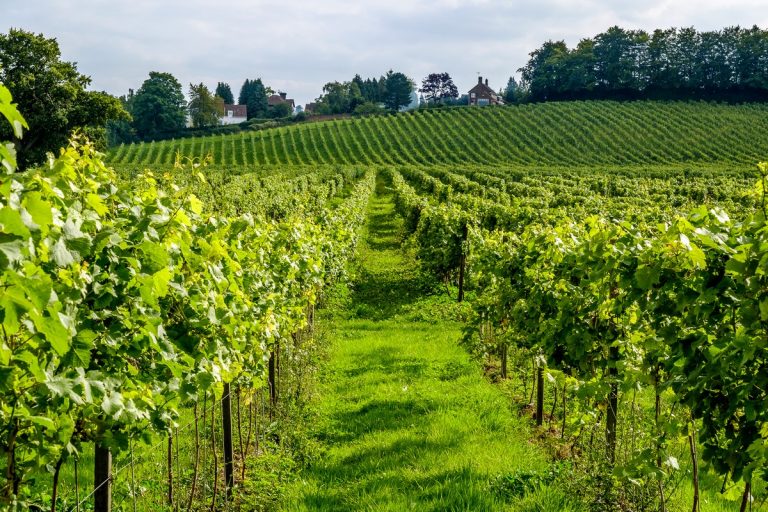
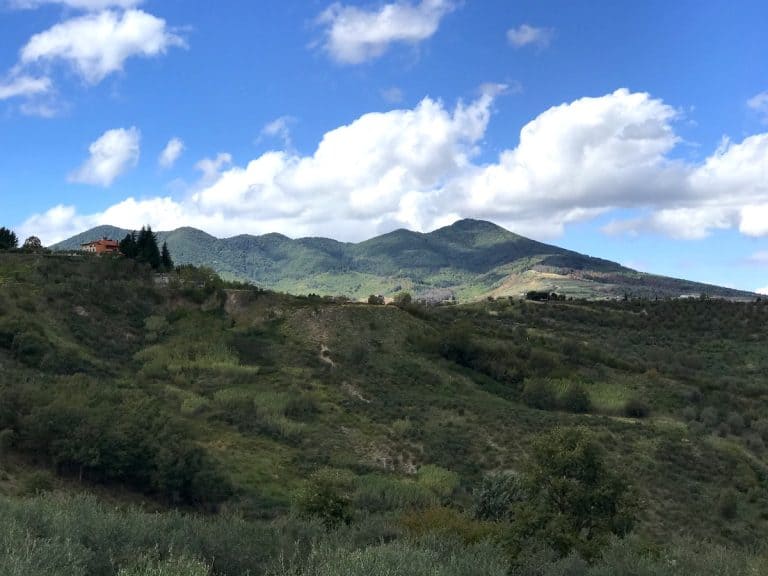 Where to eat in Venosa, the home of Aglianico del Vulture
Where to eat in Venosa, the home of Aglianico del Vulture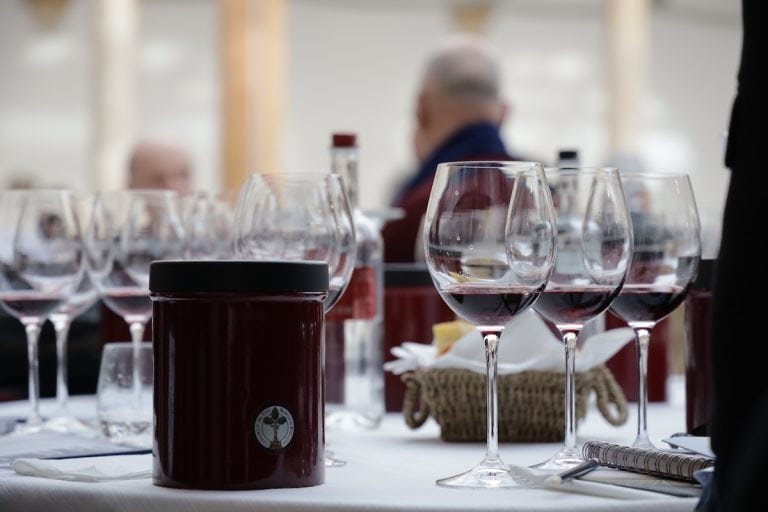 Brunello vs all: the Tuscan DOCG secures leadership in the luxury market in the US
Brunello vs all: the Tuscan DOCG secures leadership in the luxury market in the US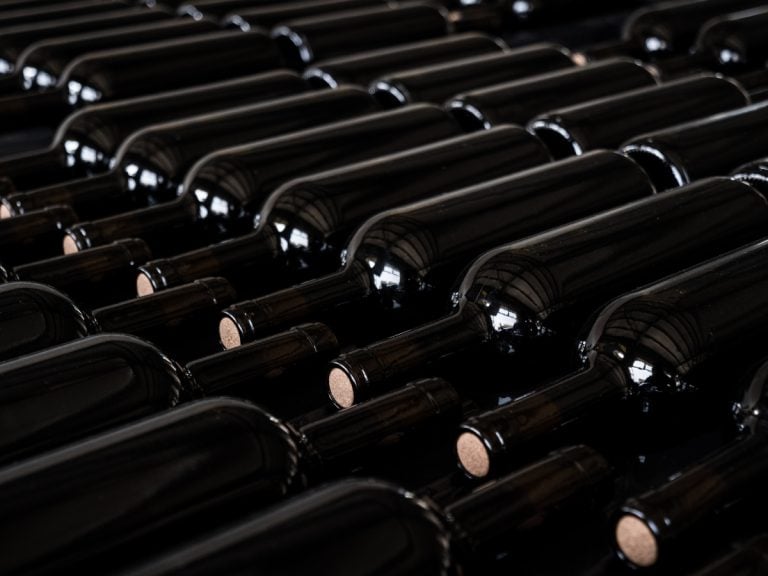 Italian wine exports reach €5.1 billion in the first eight months of the year
Italian wine exports reach €5.1 billion in the first eight months of the year A Supertuscan takes the podium in Wine Spectator’s rankings
A Supertuscan takes the podium in Wine Spectator’s rankings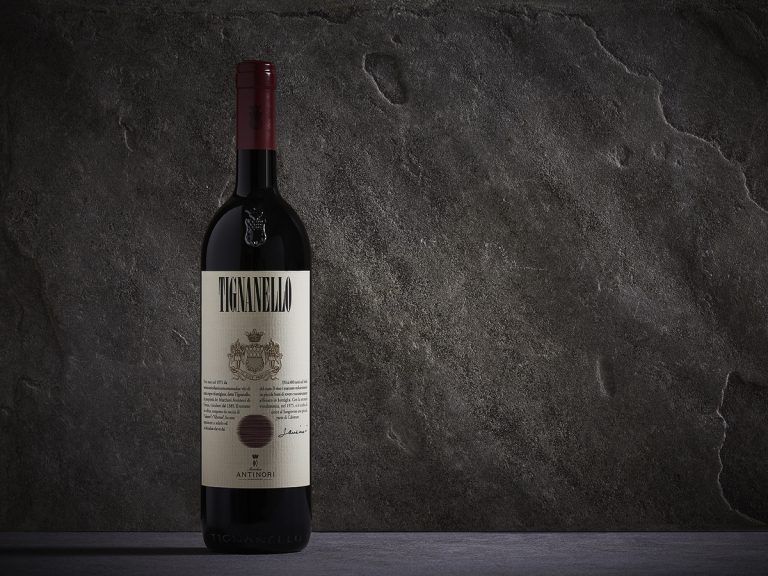 After 50 years, Tignanello still captures the spirit of the times
After 50 years, Tignanello still captures the spirit of the times
